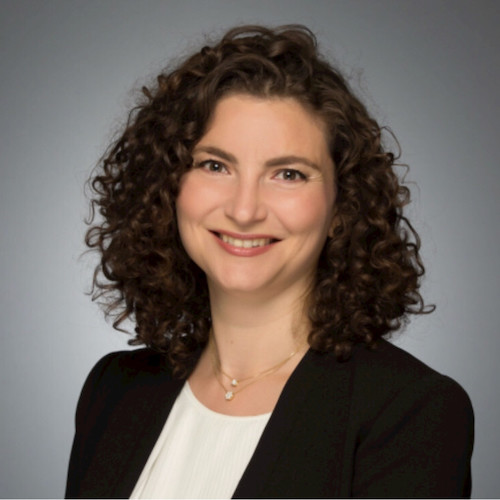March 15, 2019
Up Close with LebNet member Rania Afiouni Monla
Rania Afiouni Monla was in the right time at the right place when she started working on her PhD in Artificial Intelligence (AI) in organizations at Desautels Faculty of Management, McGill University.
After 10 years of entrepreneurship experience and another 10 years in academia between Lebanon and Saudi Arabia, she moved to Montreal in 2015 and found her inspiration.
“When I went to Montreal, the AI revolution was booming, especially in research. Some of the most renowned researchers in AI are there, and the government is making an effort to place Montreal on the global AI map.”
With a Bachelor of Engineering in Computer and Communication and a Master in Business Administration, Monla was interested in studying the impact of AI in organizational learning and healthcare.
She is an active LebNet member, a board member at the Montreal chapter of the American University of Beirut’s alumni, and a member of Montreal AI Ethics Group, part of Montreal AI Ethics Institute. “We [the group] had an input in the Montreal declaration on responsible AI, which was issued few months ago. We met, discussed and gave feedback to the committee writing the declaration and our input was taken into account,” she said.
Her ongoing research is looking into several aspects of AI including how it is impacting some of the jobs in healthcare, such as radiologists, and its ethical use.
Monla revealed that radiologists are most likely to be affected by the AI revolution because they work a lot with imaging and this is one of the most advanced areas in AI. Yet, their jobs will not be threatened.
“Some people say AI will replace radiologists, others say it will augment them. AI still doesn’t have the general intelligence to replace the jobs, but the narrow intelligence to replace certain tasks.” Until this happens, the Canadian Association of Radiologists released a white paper stating that they are aware of the impact of AI on their work and calling for many changes: updated curriculum so that radiology graduates become ready for the AI revolution and additional research.
Early beginnings and challenges
Shortly after graduating from AUB, Monla became a partner in a software company providing IT consulting, development, and implementation services in Lebanon, which later developed into ERP operations in the Middle East region and offshore development to Europe. Then she started teaching at AUB and LAU and ‘fell in love’ with the academic environment. She dedicated more time to teaching and doing research. In 2006, she moved to Saudi Arabia and became a lecturer at Prince Sultan University. Five years later, she came back to Lebanon where she was in charge of the accreditation process of Adnan Kassar School of Business at LAU. In 2015, she moved to Canada and joined Concordia University as an accreditation consultant before she decided to pause her career and focus on her PhD.
Doing so wasn’t easy, she recalled. “Going back to school after so many years of work is hard. You’re used to a certain level of autonomy then you are forced to push a reset button. Rethinking the way I structured my day was a challenge,” said Monla.
The other challenge was setting boundaries and managing her PhD and organizing events and activities with the groups she’s part of. As an organizer of AUB’s Seventh North American Regional Summit, she had to put on hold her research. It was a 3-day summit for North American alumni and Monla organized a panel on AI and brought speakers from the USA, Canada and AUB.
“Research takes time, effort and focus. Having to balance my life and my work takes a lot of energy and it’s hard to set boundaries,” she concluded.
The hard work will pay off eventually. Monla is expected to finish her PhD in three years and looking to pursue a career in research.
